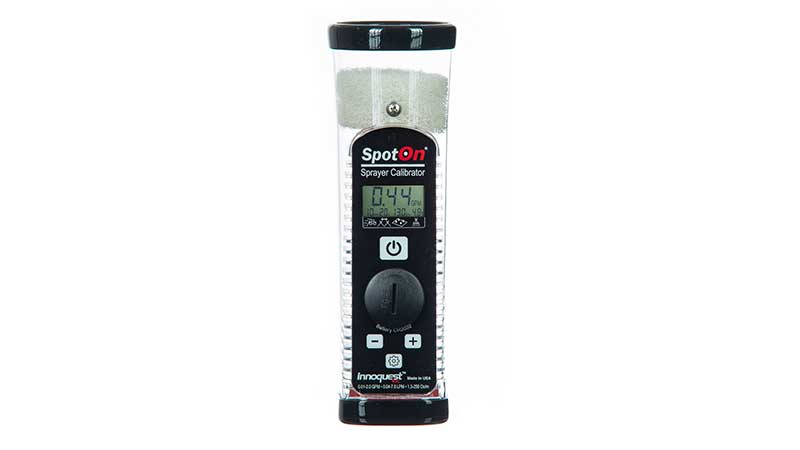The Dawn of ‘Chocolate’ Fertilizer
Perhaps it’s a by-product of this time of year – the holidays – but my mind has turned to sweets. Right now, who doesn’t love Christmas cookies, candies, and chocolates?
Recently, I came across an online article looking at something called biochar. This product is made from discarded cacao pods. Of course, cacao pods contain cacao beans, which are used around the globe to produce chocolate. The pods they are contained in, however, are normally discarded, left to decay.
But for the past few years, some researchers have been experimenting with creating something useful from cacao pods. To this end, they’ve come up with a substance called biochar. This product takes certain biomass wastes such as wood residues, poultry litter, and cacao pods and subjects them to high temperatures in the absence of oxygen. The result of this process is a black powder called biochar.
For agriculture, biochar has several potential uses. For one thing, it can be used as a fertilizer (a biofertilizer, to be exact) because of its high potassium content. Can you imagine marketing the use of “chocolate fertilizer” to John Q. Public and not having them be intrigued?
In addition to fertilizer, biochar offers the potential to improve carbon capture for agriculture. Since it consists of trapped carbon and other greenhouse gases (GHGs), biochar is an extremely stable form of carbon. In fact, the carbon and other GHGs in biochar are effectively permanently trapped for hundreds of years, preventing carbon and other GHGs from being emitted back into the atmosphere as they would during the decay process for unprocessed cacao pods.
For several years now, the biochar market has been expanding. According to various sources, the global biochar market is valued at more than $200 million in 2023. It is expected to reach a value of $400 million to $600 million by the end of the decade. It will be interesting to see how biochar expands across the agricultural world between now and then.






